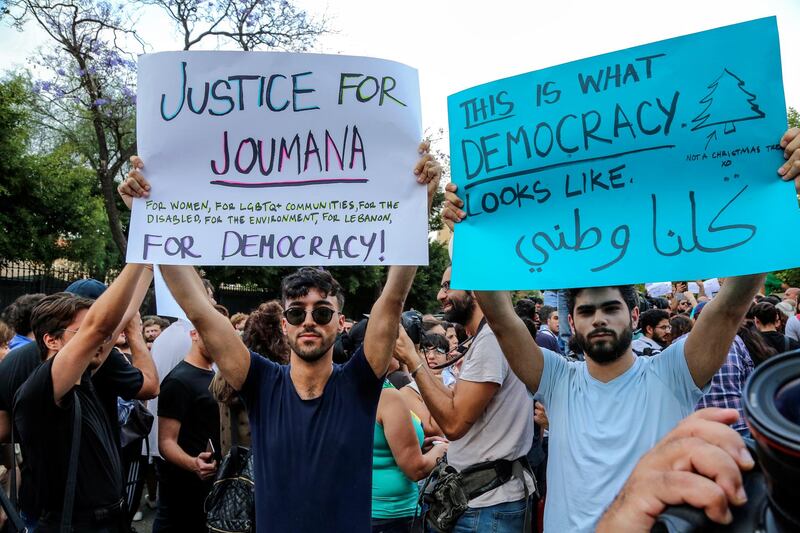Lebanon’s Interior Minister Nouhad Mashnouq announced at a news conference on Monday night the official count of the country’s general election, which he said were “final but incomplete” due to there being no results for the Akkar district.
“These results are final but incomplete and unofficial seeing as the Akkar results have not been completed and they do not carry the signature of the relevant authority,” Mr Mashnouq said at a press conference.
He also sought to allay fears that any corruption had occurred, especially in the case of the minorities seat in Beirut’s first district, where initial results had suggested that Joumana Haddad of the Koullouna Watani civil society coalition had won, before it was subsequently announce that Antoine Bano of the Free Patriotic Movement (FPM) had triumphed.
A similar situation occurred in in the Chouf-Aley district, where Mr Mashnouq confirmed the win of the candidate Farid Al Bustani of the FPM, contrary to some reports that Naji Al Bustani of the Reconciliation List had taken the seat. “No ballot boxes are missing,” he told journalists.
Saad Al Hariri earlier told reporters that his Future Movement won 21 seats in Sunday's vote, a decline of 11 from the last election, in 2009. He would still have the largest Sunni bloc in parliament, facilitating his return as prime minister to form the next government.
Hezbollah and its political allies gained at least 43 seats, giving another boost to Iran’s allies in Lebanon and Syria, where Tehran’s influence has grown in recent years as it has provided crucial support to president Bashar Al Assad.






